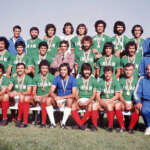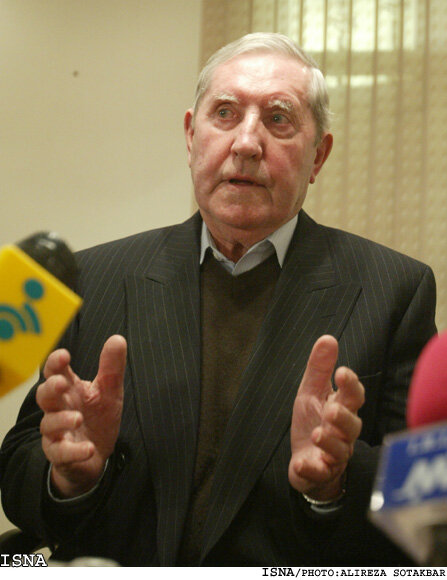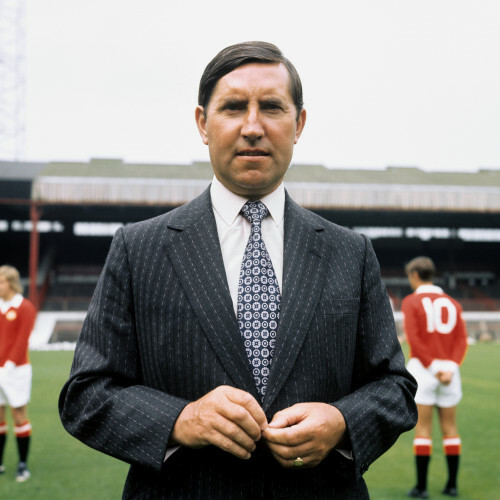The unsafe conditions of the facilities and the tribunes of Azadi Stadium has been a topic that has been discussed umpteen times by the Iranian sports press, now it is the turn of the guest and this time the Russians to see from close the dangers facing anyone going to the stadium.
While the national Russian football team played a friendly in Iran, it was an opportunity for the Russian media to get a close look at the sporting facilities and in particular the grand old Azadi Stadium to report on the state of this stadium. Azadi Stadium, which is in its worst condition with the local media repeatedly warning about the dangers and its insecurity, has now become the subject of Russian media. In a report, the ‘championat’ news site discussed the conditions of Azadi Stadium for the match between Iran and Russia and wrote about the bad conditions of this stadium: “When you enter Tehran’s Azadi Stadium, you have a strange feeling. A beautiful trophy greets you upon entering the stadium, although it looks very out of place here; Especially considering the dilapidated state of the stadium. It has been raining in Iran for the past few days. You enter a room under the stands and water is dripping from the ceiling. To be honest, water flows everywhere in this stadium. It seems like the arena is about to be destroyed.”
The “destruction” of Azadi Stadium is a prediction that the local media have been talking about for a long time. Now the voices of the Russians have come out and they have emphasized that water leakage from everywhere from ceilings in the rooms below the uncovered stands. Amazingly these observations by the Russian guests occurred despite the fact that there was no rain on the day of the match between Iran and Russia, and these waters have accumulated from the last two previous days.
Azadi Stadium has been neglected for many years. Signs of dilapidation and decay are everywhere from the cement stands that fans use as weapons to throw on the field to the washrooms, to the offices and properties that are below or at the ground level of the stadium. The worrying question is whether the officials in charge of this great facility will act in time before a disaster occurs and people lose their lives. History tells us that public safety is not the top priority in Iram=n.
Azadi Stadium is 52 years old and opened as the Aryamehr Stadium. The stadium was ordered to be built by the late Shah of Iran with eyes on the Asian Games of 1974. It was inaugurated on 17 October 1971 by Mohammad Reza Pahlavi,




